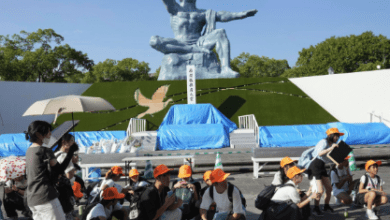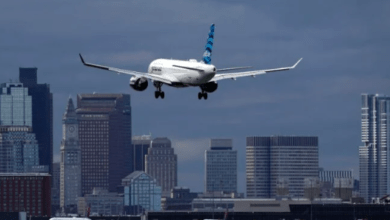
The Prelude to the Boston Massacre
In the late 1760s, tension was brewing in the American colonies. British troops, sent to enforce new taxes and laws, faced fierce resistance from the colonists. Boston, a hotbed of revolutionary activity, was particularly volatile. The presence of British soldiers only escalated the situation, leading to frequent skirmishes and a growing sense of resentment.
The Fateful Night of March 5, 1770
On the chilly night of March 5, 1770, a confrontation between British soldiers and Boston residents turned deadly. A crowd of angry colonists gathered outside the Custom House, taunting the soldiers with insults and snowballs. The situation quickly spiraled out of control. Amid the chaos, soldiers fired into the crowd, killing five men and wounding several others. This tragic event became known as the Boston Massacre.
The Aftermath and Outrage
News of the Boston Massacre spread like wildfire throughout the colonies. The incident was heavily publicized by patriot leaders, who used it to fuel anti-British sentiment. Paul Revere’s famous engraving of the massacre depicted a brutal, unprovoked attack on innocent colonists, further inflaming public opinion. The soldiers involved were arrested and put on trial, defended by future President John Adams. Despite the high emotions, Adams argued for a fair trial, resulting in acquittals for most of the soldiers and manslaughter convictions for two.
The Impact on the Revolutionary Movement
The Boston Massacre marked a significant turning point in the struggle for American independence. It united the colonies against British rule and galvanized support for the revolutionary cause. The event was commemorated annually, keeping the memory of British tyranny fresh in the minds of the colonists. The massacre also demonstrated the power of propaganda in shaping public opinion and rallying people to a cause.
Legacy of the Boston Massacre
Today, the Boston Massacre is remembered as a pivotal moment in American history. It highlighted the escalating tensions between the colonists and the British government. The event underscored the colonists’ desire for freedom and justice, setting the stage for the Revolutionary War. Historical sites and museums in Boston commemorate the massacre, educating visitors about its significance and the broader context of the American Revolution.
Read also:- Al Horford: NBA Champion After 17 Seasons
Conclusion
The Boston Massacre of 1770 was more than a tragic clash between soldiers and colonists. It was a catalyst that propelled the American colonies toward independence. The event’s legacy endures, reminding us of the cost of freedom and the importance of standing up against oppression. As we reflect on this moment in history, we recognize the enduring impact it had on shaping the United States.




